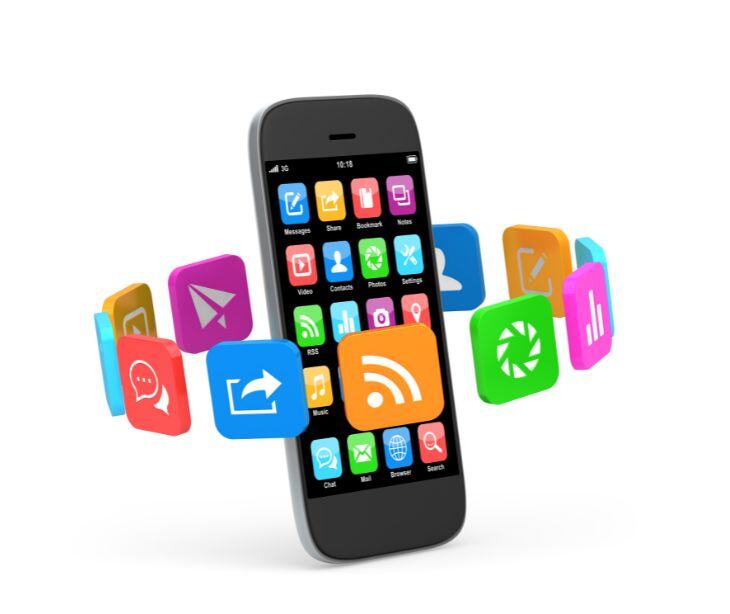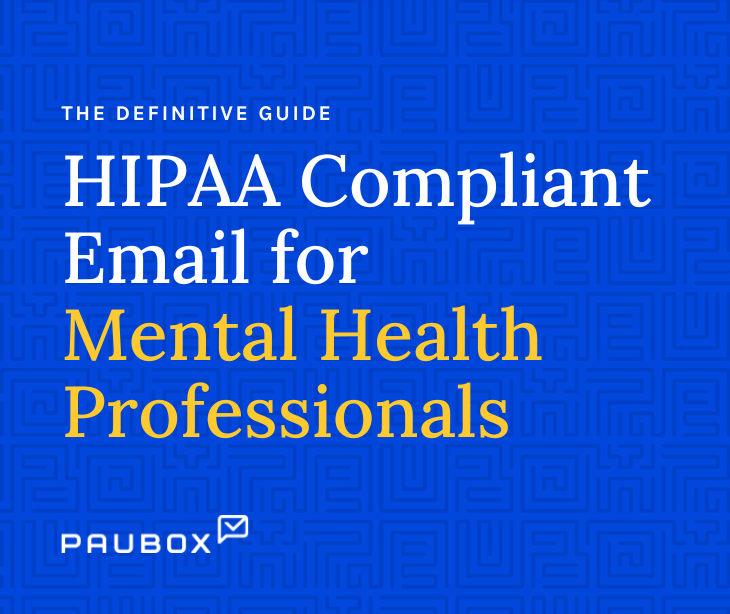
With digital mental health apps taking flight as accessible replacements to face-to-face therapy, user privacy has emerged as one of the hot topics. Although these apps have their benefits, the realities around data privacy and security are often ignored.
What does the research show?
A study on mental health app privacy policies and practices found that “Apps frequently requested permission to access elements of the user's mobile device, including requesting so-called ‘dangerous’ permissions.”
Moreover, “many apps encouraged users to share their own data with an online community. Nearly half of the apps (25/61, 41%) did not have a privacy policy to inform users about how and when personal information would be collected and retained or shared with third parties, despite this being a standard recommendation of privacy regulations.”
Ultimately, concluding that “the app industry pays insufficient attention to protecting the privacy of mental health app users.”
How does this affect users?
Negligent privacy and security practices have deep implications. It contradicts the standard recommendations of any privacy regulation, placing a vulnerable population at risk.
Many of those who use mental health applications are oblivious to the fact that they share a lot of data. In some instances, these apps share protected health information (PHI) with online communities without any form of control. Consequently, exposing users to potential misuse, exploitation, and mental harm, further eroding trust in the therapeutic relationship.
Furthermore, if people must risk their information being compromised or misused, they might not want to reach out for psychological help, possibly leading to wider public health consequences.
Technology vs regulatory frameworks
New mental health apps usually outpace the creation of regulatory frameworks. However, digital mental health should not be at the cost of personal data protection. Any mental health communication service should therefore be built with transparency into its privacy policies, data usage, and associated risks.
Although federal regulations like the Health Insurance Portability and Accountability Act (HIPAA) provide guidelines for handling PHI, including mental health information, many mental health apps would probably fall outside its purview. That begs the question of just how secure user data really is.
Instead of using risky mental health apps that don’t guarantee data security, users should ask their mental health provider about using HIPAA compliant emails. Secure emailing platforms, like Paubox, use TLS encryption, access controls and authentication measures to safeguard PHI during transit and at rest.
So, users can seamlessly email their provider with updates, concerns, or questions without compromising the security of their PHI. Additionally, emails can be personalized to cater to specific interests, further enhancing user engagement.
After all, HIPAA compliant emails are safer and more convenient than tedious mobile apps that don’t give users control over how their mental health information is shared.
Go deeper: Why patient portals are inconvenient: An evidence-based perspective
FAQs
What types of information does HIPAA protect?
HIPAA protects all individually identifiable health information held or transmitted by covered entities or their business associates, including mental health records.
Can mental health information be shared without patient consent under HIPAA?
Generally, no, but there are exceptions for emergencies, public health concerns, and legal requirements.
Do HIPAA compliant emails protect mental health information?
Yes, HIPAA compliant emailing platforms, like Paubox, use encryption and other security measures, so only authorized individuals can access the information.
Learn more: HIPAA Compliant Email for Mental Health Professionals
Subscribe to Paubox Weekly
Every Friday we'll bring you the most important news from Paubox. Our aim is to make you smarter, faster.



